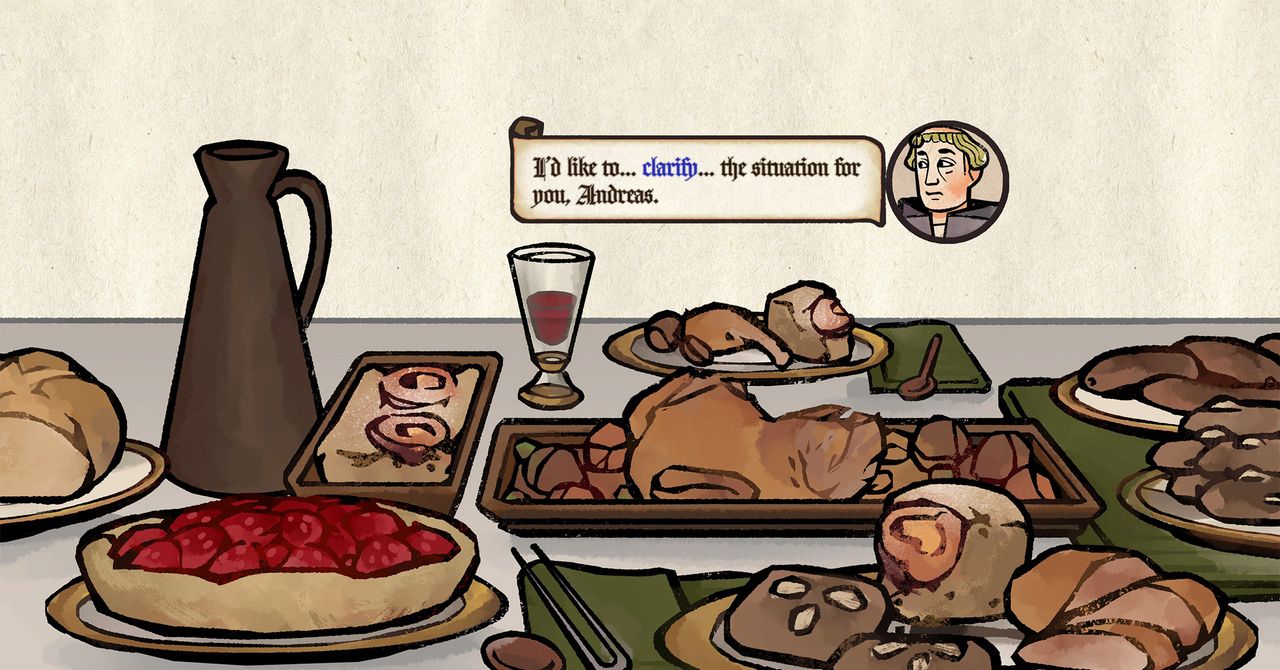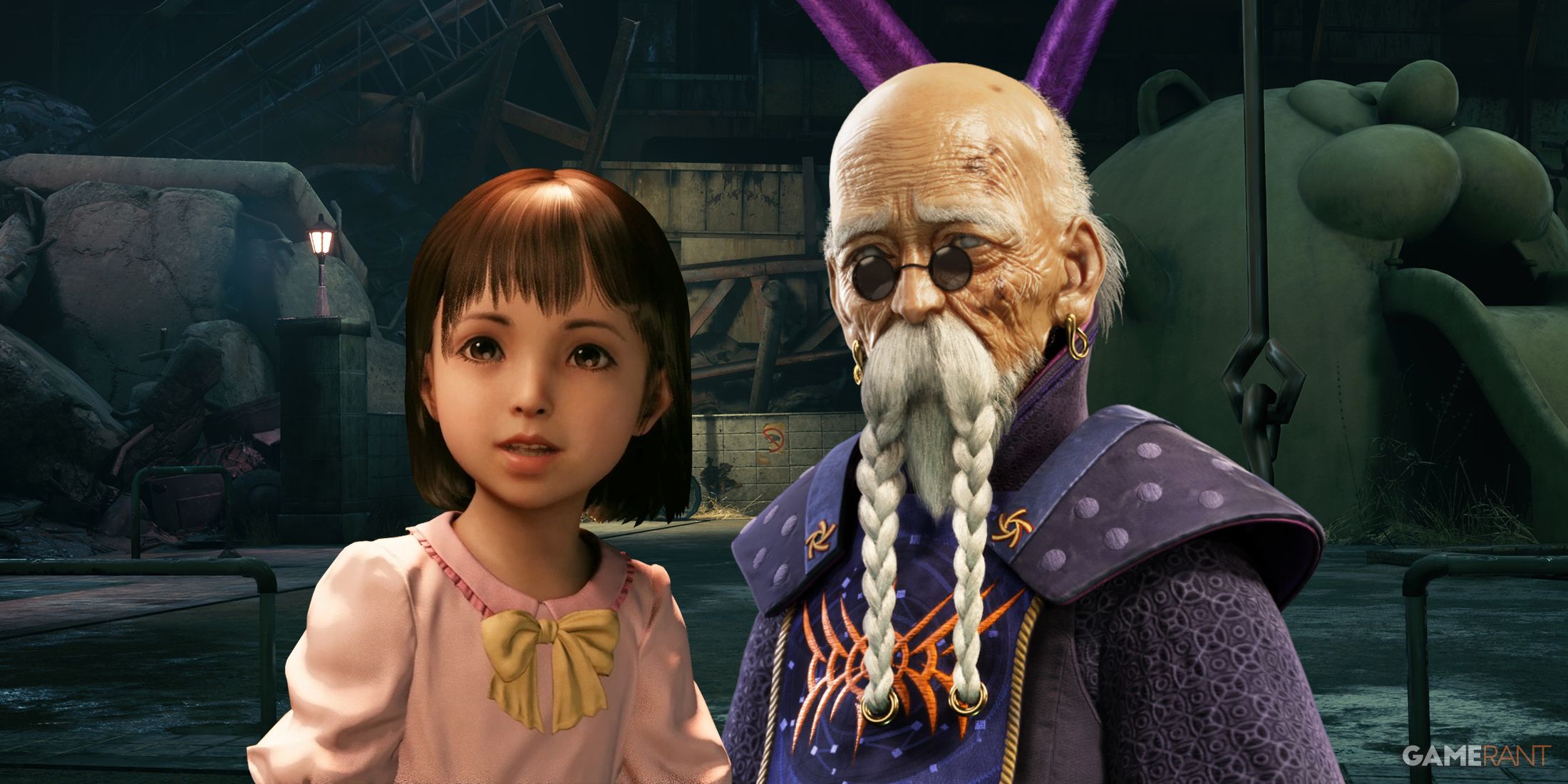
Obsidian Entertainment’s latest game, Pentiment, takes its title from the term pentimento, a change made by an artist while painting. Its origin is the Italian word pentirsi, which means to change one’s mind or repent. Pentiment’s aim is to show how history, like oil on a canvas, can be covered, then rediscovered or forgotten.
The game, which has been getting rave reviews, is set in 16th-century Bavaria in the Holy Roman Empire, an area that’s now part of Germany. The player takes control of Andreas Maler, a journeyman artist with a university education, embroiled over 25 years in a series of murders and scandals that take place in the fictional locations of Kiersau Abbey and Tassing. Inspired by Umberto Eco’s The Name of the Rose, the game tries, as Eco’s novel did, to capture the texture of history, the traces of font and ink, of manuscripts and print wood cuts.
 Casual GamerPentiment May Be the Best New Game You’ve Never Heard OfSwapna Krishna
Casual GamerPentiment May Be the Best New Game You’ve Never Heard OfSwapna Krishna WIRED Q&AAge of Empires Is 25 Years Old. Fans Are Shaping the FranchiseWill Bedingfield
WIRED Q&AAge of Empires Is 25 Years Old. Fans Are Shaping the FranchiseWill Bedingfield Casual GamerSometimes It’s OK to Cheat in Video GamesSwapna Krishna
Casual GamerSometimes It’s OK to Cheat in Video GamesSwapna KrishnaIt is, then, a passion project for the game’s director, Josh Sawyer, who’s probably best known for the much loved Fallout New Vegas, as well as helming the nostalgic and pioneering modern isometric RPG Pillars of Eternity. On Twitter and IRL, he radiates enthusiasm for Pentiment’s setting, a time of epic technological and social upheaval that began with the Reformation and ended with the introduction of Copernicus' heliocentric model of the solar system.
To learn more about Pentiment’s uncanny appeal, WIRED got on Zoom with Sawyer to talk about Eco, murder mysteries, double monasteries, and what this newer artform might tell us about early modern history. He recommended some great books too.
This conversation has been edited for length and clarity.
WIRED: I'm interested in the relationship between Pentiment and this time in history. Why 16th-century Bavaria?
In his quest for authenticity, the director of 'Pentiment' invites us into a tasty realm where every bite and sip is meticulously crafted to reveal not only what characters ate but how they lived through their cuisine.
In 'Pentiment', the director's attention to detail extends beyond mere narrative, revealing characters whose dietary habits enrich their complex personalities and root them deeply in history.
Traversing the culinary intricacies of 'Pentiment,' its director invites us on a compelling journey through his characters' gastronomic experiences, unveiling their pounds and peccadilloes in each bite.
The Director of 'Pentimento' embodies the craftsmanship expected from a master filmmaker, inviting us as viewers into his intricate world through food that symbolizes character arcs and emotional states-a feast for senses never to be forgotten.
The meticulous attention to period detail in 'Pentiment' by its director, as evident through the careful consideration of characters’ dietary habits and manners during meals - a testament not only to historical accuracy but also an insightful exploration into character motivation.
In Pentiment, the director skillfully weaves history and cuisine to reveal how his characters’ dietary choices mirrored not just their periods' specific culinary fads but also embedded emotions, desires deep-seated."
The thoughtful attention given by 'Pentiment's Director to how his characters consume their meals, beautifully exemplifies the finely calibrated immersion he strives for in each moment of gameplay.
With 'The Director of ‘Pentiment’'s revealing insight into his characters eating habits, we are served a vivid and tangible experience that makes us cringe alongside their every bite.














